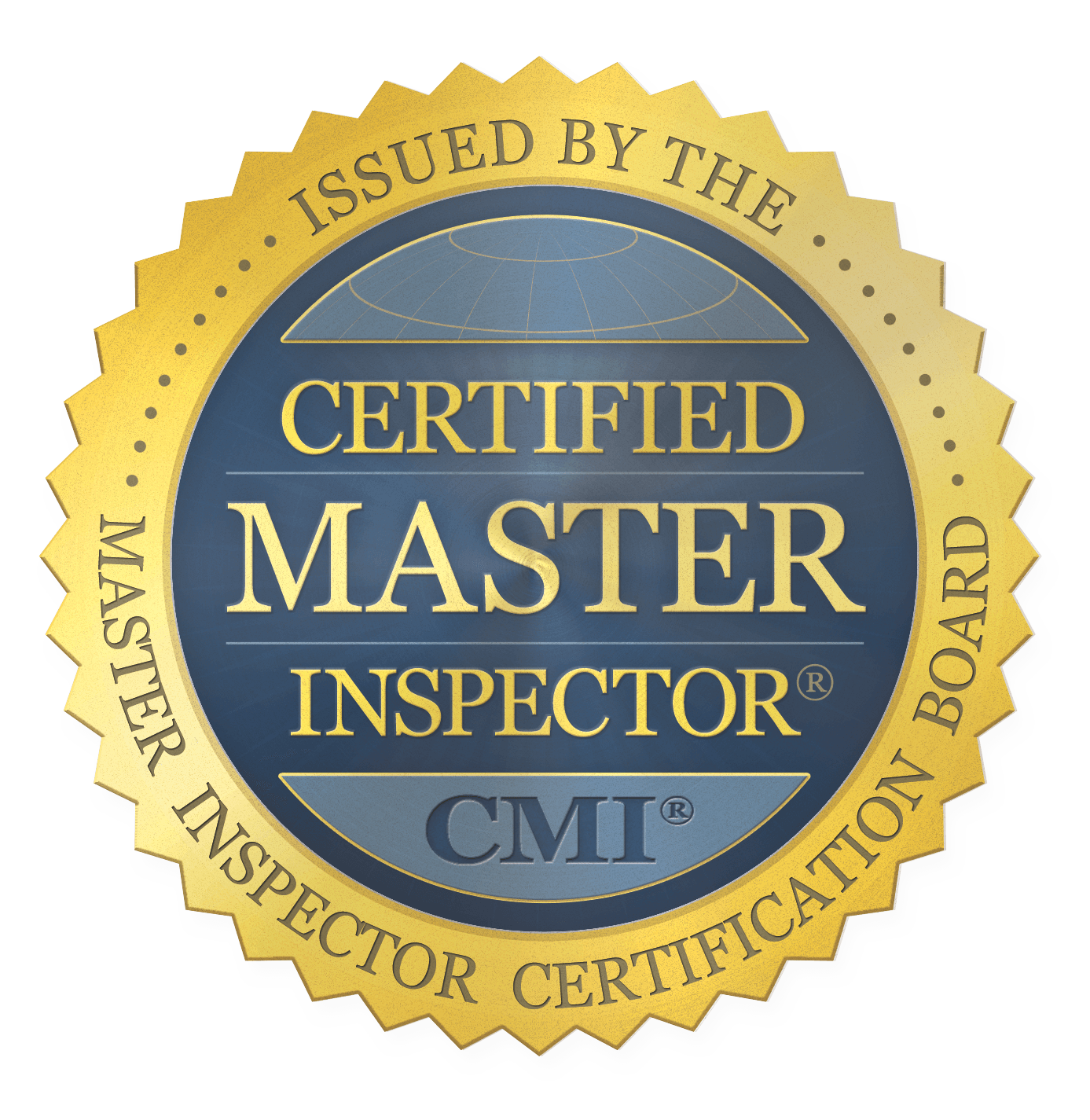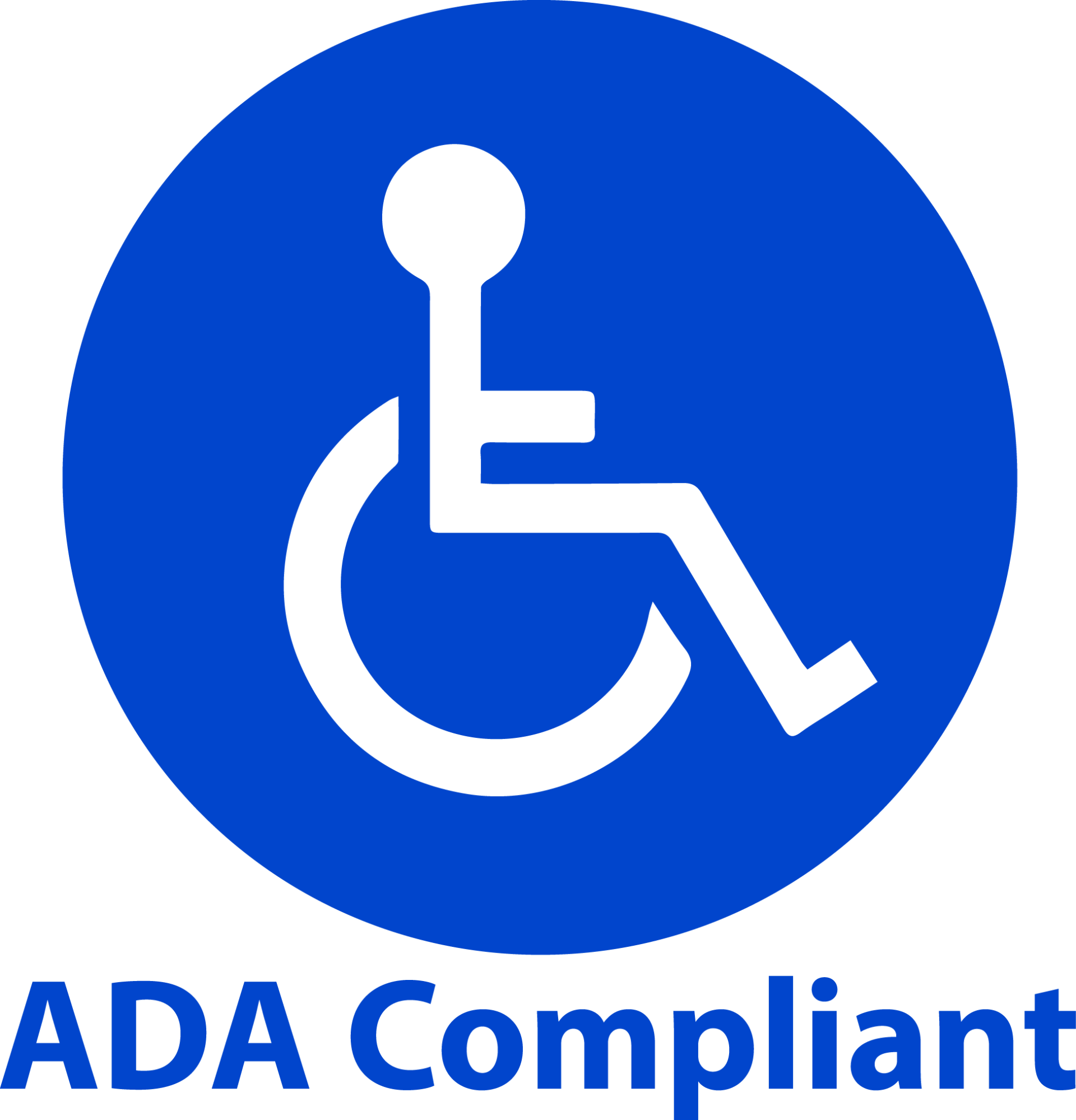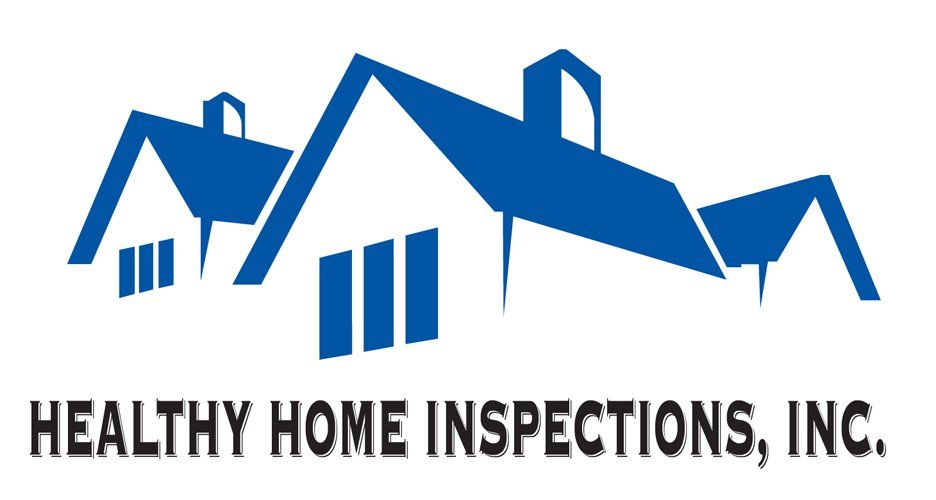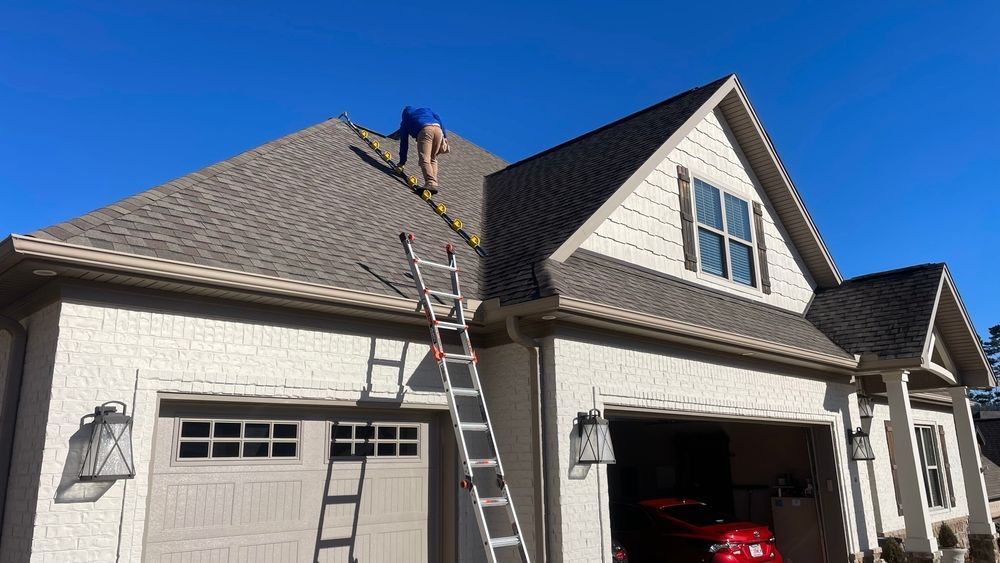4-Point VS Full Home Inspection: What's the Difference?
What type of inspection are you looking for?
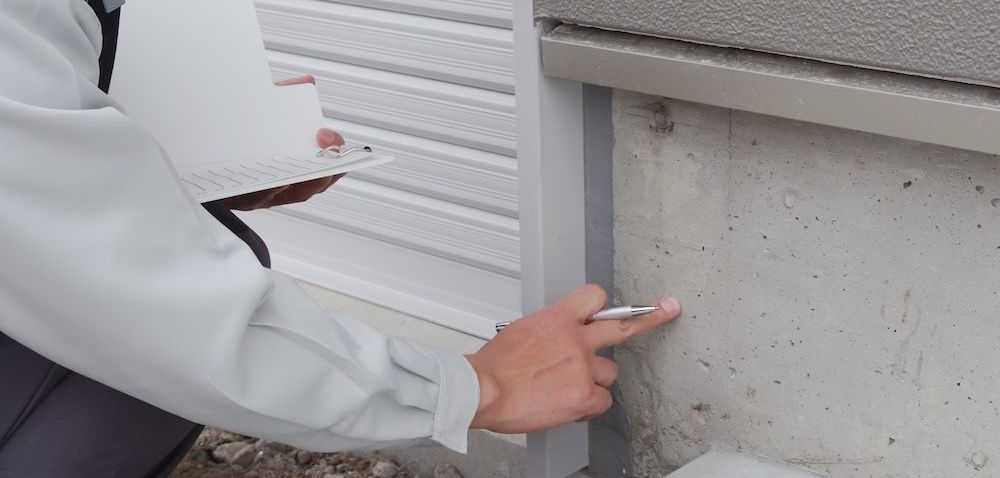
What is a 4-Point Inspection?
A 4-point inspection is a focused assessment that looks at four key areas of a home: the roof, electrical system, plumbing, and HVAC (heating, ventilation, and air conditioning). Insurance companies typically require this inspection, especially for homes over 25 years old, to determine if the property meets specific safety and risk standards before issuing a homeowner’s policy.
The 4-point inspection provides insurance providers with a snapshot of the home’s condition, particularly its major systems, to identify potential risks that could lead to costly damage or insurance claims. It is a relatively quick and inexpensive process, usually taking around one to two hours to complete.
What Does a 4-Point Inspection Include?
- Roof: The inspector checks the roof’s age, condition, and materials to ensure it’s not at risk of significant damage from Florida’s weather.
- Electrical System: The inspector looks for outdated wiring, grounding issues, and overall safety concerns.
- Plumbing: The condition of pipes, water heaters, and drainage systems is assessed to prevent leaks and water damage.
- HVAC System: The inspector checks the furnace, air conditioning, and ductwork for functionality and efficiency.
What is a Full Home Inspection?
A full home inspection is a more comprehensive evaluation of the entire property, including both the interior and exterior. This inspection is typically recommended for homebuyers to assess the overall condition of the house and identify any hidden issues that may require immediate attention or repairs.
Unlike a 4-point inspection, a full home inspection covers a wider range of areas and systems in the home. It typically includes the roof, electrical system, plumbing, and HVAC, but it also assesses additional elements such as the foundation, walls, windows, doors, appliances, attic, basement, and even the property’s landscaping.
What Does a Full Home Inspection Include?
- Structural Components: The inspector examines the foundation, framing, and support systems to ensure the home is structurally sound.
- Roof: A full inspection will provide a detailed assessment of the roof’s condition, including materials, age, and potential vulnerabilities.
- Plumbing and Electrical: Inspectors check the entire plumbing system and electrical wiring for code compliance and potential issues.
- Interior and Exterior: The inspector evaluates windows, doors, walls, ceilings, floors, and other components for signs of wear, damage, or hidden problems.
- Appliances and HVAC: All appliances and heating/cooling systems are tested to ensure they are functioning properly.
Why Do Insurance Companies Require a 4-Point Inspection?
Insurance companies in Florida, especially those offering homeowners insurance, often require a 4-point inspection before issuing a policy. This is primarily due to Florida’s unique climate and the potential risks associated with hurricanes, flooding, and other weather-related issues. The 4-point inspection helps insurance providers evaluate the home’s major systems and determine whether the property is at risk of significant damage, which could lead to insurance claims.
Older homes, in particular, are more likely to have outdated or faulty systems that could lead to costly repairs. By requiring a 4-point inspection, insurance companies can ensure that homes are safe and have systems in good working order before offering coverage.
Which Inspection Do You Need?
Whether you need a 4-point inspection or a full home inspection depends on the specific situation. If you’re purchasing a home in Florida, especially an older one, it’s a good idea to start with a full home inspection. This will give you a comprehensive understanding of the property’s overall condition, which can help you negotiate repairs or ask for price adjustments before closing the deal.
Once you have completed the full home inspection, your insurance company will likely require a 4-point inspection to assess the major systems. If you’re looking to buy a property over 25 years old, or if you’re in the process of securing homeowner’s insurance, a 4-point inspection will be a necessary step to ensure you meet the insurer’s requirements.
Final Thoughts: Choosing the Right Inspection for Your Home
Both 4-point inspections and full home inspections are essential in the home-buying process, but they serve different purposes. A 4-point inspection is a focused evaluation of a home’s key systems, required by insurance companies to assess risk and ensure the property is insurable. On the other hand, a full home inspection provides a thorough examination of the entire property, giving homebuyers peace of mind before making one of the biggest investments of their lives.
If you are buying or selling a home in Florida, it’s crucial to understand the difference between these two types of inspections and determine which is necessary for your situation. Working with a qualified home inspector can help ensure that your investment is protected and that you are fully informed about the property you’re purchasing.
For expert 4-point inspections and full home inspections in Florida, contact Healthy Home Inspections today. Our professional team is ready to provide detailed, accurate assessments of your home’s condition to ensure peace of mind and protect your investment.
